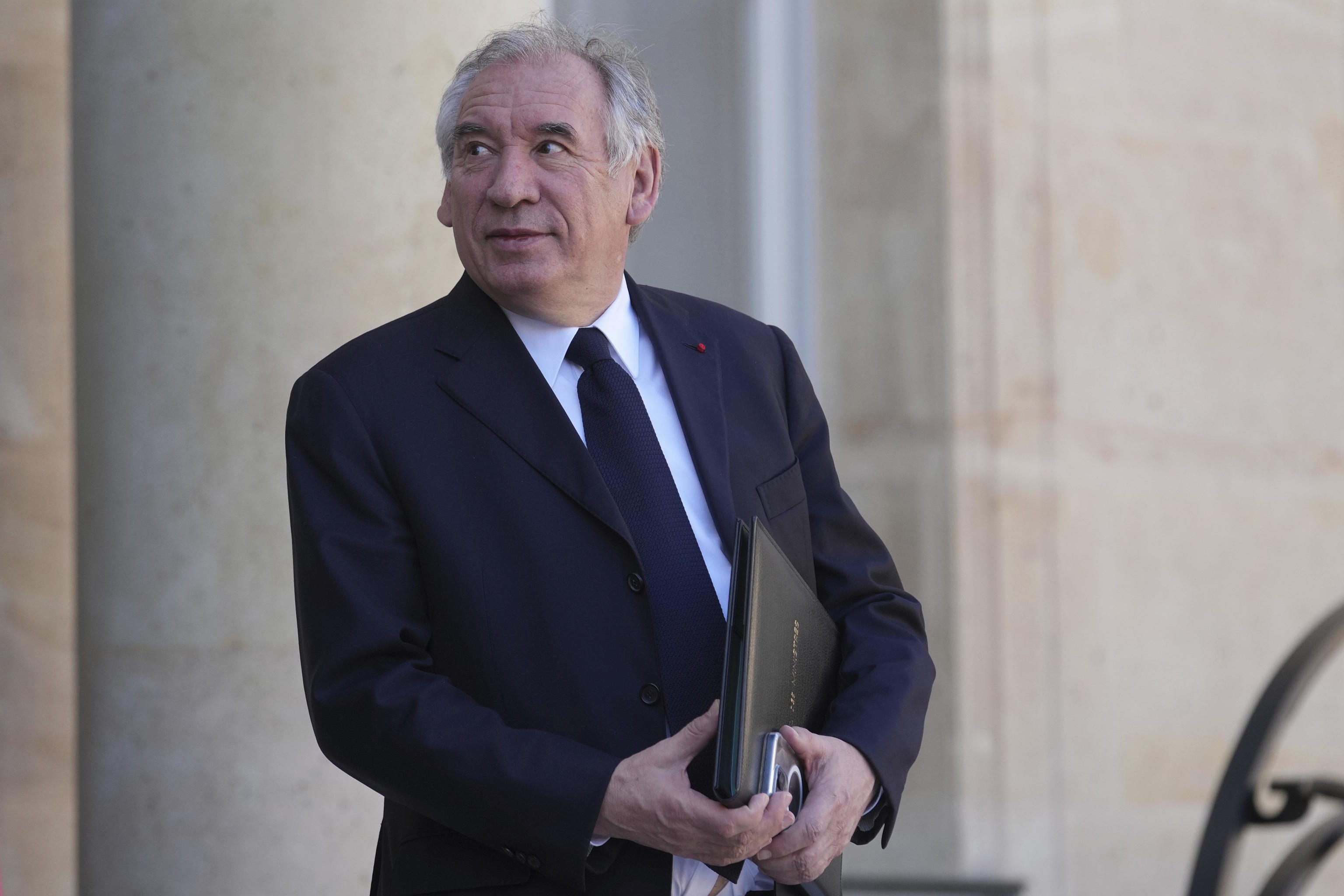French Prime Minister, centrist François Bayrou, has survived a vote of no confidence presented by the Socialist Party and supported in bloc by the left, due to his refusal to hold a parliamentary debate on pension reform. Bayrou, narrowly saved by his center-right coalition and by Marine Le Pen's National Rally (RN), has nevertheless been left politically isolated and is currently the least popular prime minister of the Fifth Republic, with a public approval rating of 17%.
Tuesday's vote was the eighth attempt in just seven months to bring down his government and the most significant since January 16, when the 289 votes needed to trigger his downfall were also not reached. Bayrou took office on December 14 following Michel Barnier's resignation, who predicted earlier this week that President Emmanuel Macron would have no choice but to call for new legislative elections if his successor falls.
"Censorship is not an end in itself," warned National Rally's Vice President Sébastian Chenu when explaining the far-right party's decision not to support the socialist initiative. "The question is: what benefit do we gain? And the answer is that we are not achieving anything." The party has therefore decided to keep its swords drawn and save its ammunition for the upcoming autumn budget discussions. "We will meet with the prime minister at the start of the school year to review his roadmap," Chenu anticipated. "If it suits us, we will take responsibility."
"This government will not last long," however warned National Rally's Vice President Jordan Bardella, convinced that Bayrou will not reach a year in power and that the solution in the end, as Marine Le Pen herself has also hinted, may be the dissolution of the Assembly.
France is indeed in a state of political semi-paralysis since Macron's decision to call for early elections in July 2024, which resulted in the loss of the centrist bloc's majority, the collapse of traditional parties, and extreme polarization to the right and left, with National Rally and La France Insoumise.
François Bayrou's main achievement in his brief term has been the approval of the Budget, but he has been significantly worn down during the pension reform negotiations with unions, including the "hot potato" of raising the minimum retirement age from 62 to 64, which sparked large protests in France in 2023. Socialist Party leader Olivier Faure has accused him of "betrayal" for avoiding parliamentary debate.
Bayrou has also been heavily affected by the scandal regarding physical and sexual abuse at the Bétharram Catholic school, where his own children studied when he was Minister of Education in the 90s. The parliamentary report on the case will be made public on Wednesday, and La France Insoumise deputy Paul Vannier has directly accused the prime minister of "perjury" for claiming he did not withhold information and that everything he knew about the abuses at the school was from the press.
